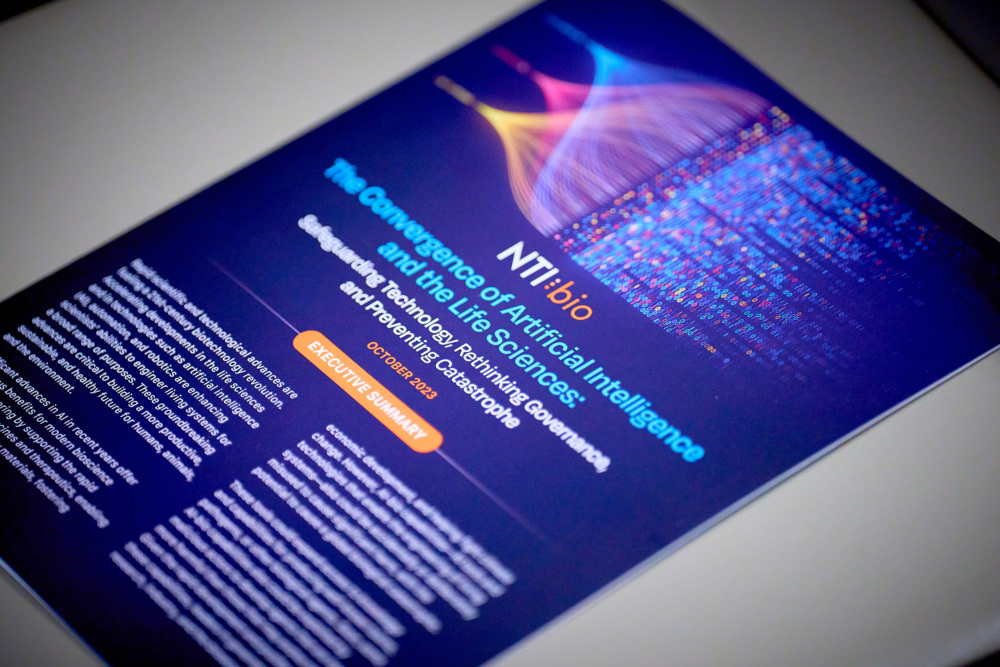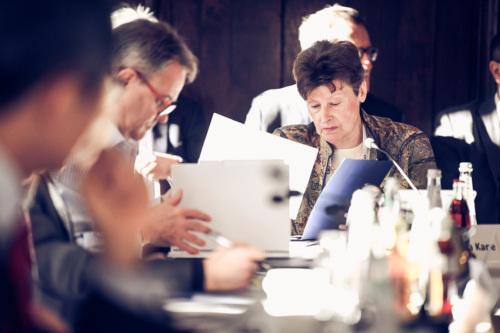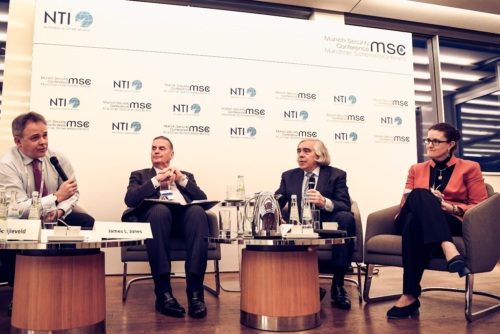Jaime Yassif serves as Vice President of NTI Global Biological Policy and Programs (NTI | bio). In this role she oversees NTI | bio’s work to reduce global catastrophic biological risks, strengthen biosecurity and pandemic preparedness, and drive progress in advancing global health security.
Prior to this, Dr. Yassif served as a Program Officer at the Open Philanthropy Project, where she led the initiative on Biosecurity and Pandemic Preparedness. In this role, she recommended and managed approximately $40 million in biosecurity grants, which rebuilt the field and supported work in several key areas, including: development of new biosecurity programming at several leading think tanks; cultivation of new talent through biosecurity leadership development programs; initiation of new biosecurity work in China and India; establishment of the Global Health Security Index; development of the Clade X tabletop exercise; and the emergence of a new discussion about global catastrophic biological risks.
Previously, Yassif was a Science and Technology Policy Advisor at the U.S. Department of Defense, where she focused on oversight of the Cooperative Threat Reduction Program and East Asia security issues. During this period, she also worked on the Global Health Security Agenda (GHSA) at the Department of Health and Human Services, where she helped lay the groundwork for the WHO Joint External Evaluations and the GHSA Steering Group.
Yassif’s previous experience includes work with Connecting Organizations for Regional Disease Surveillance, Chatham House, NTI, the Federation of American Scientists and the Tsinghua University Institute for International Studies.
She holds a Biophysics Ph.D. from UC Berkeley, an MA in Science and Security from the King’s College London War Studies Department, and a BA in Biology from Swarthmore College.









